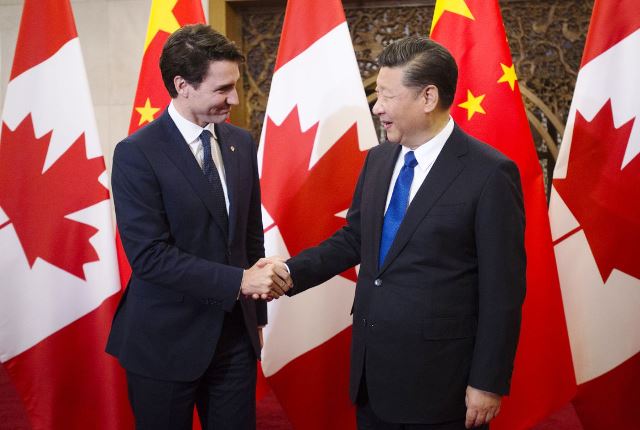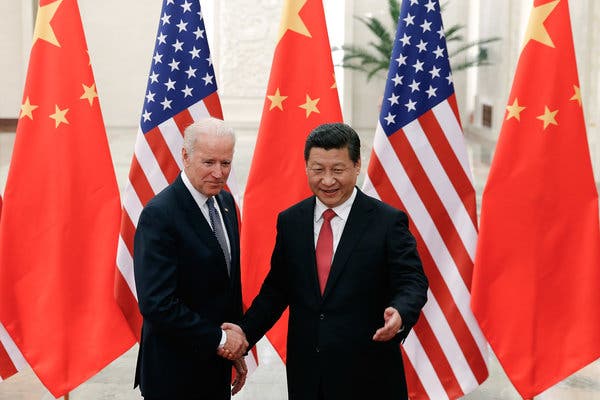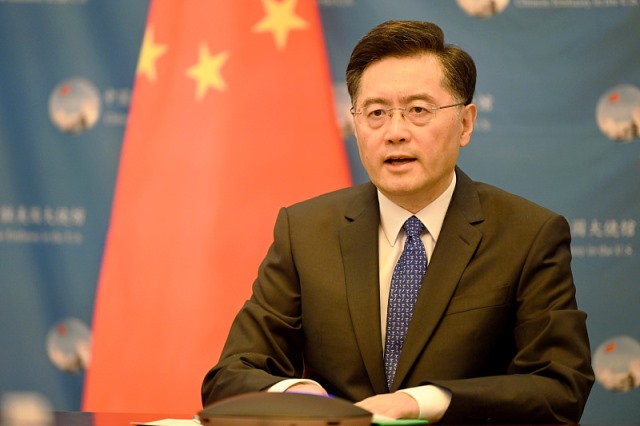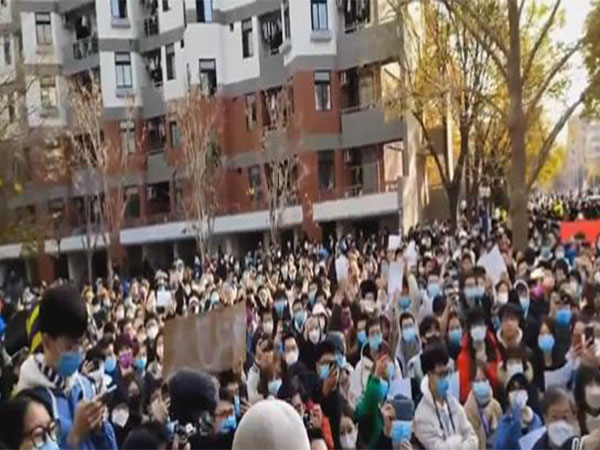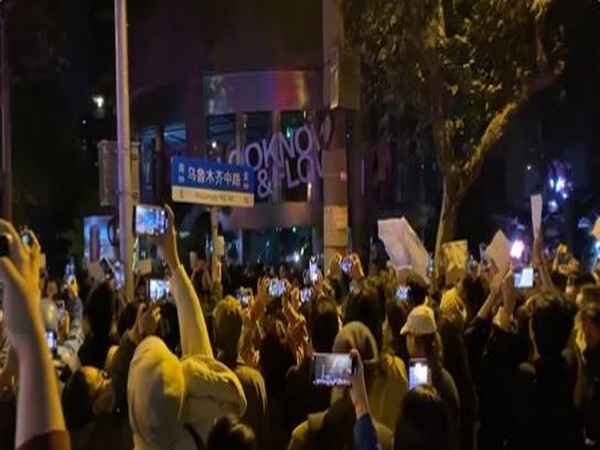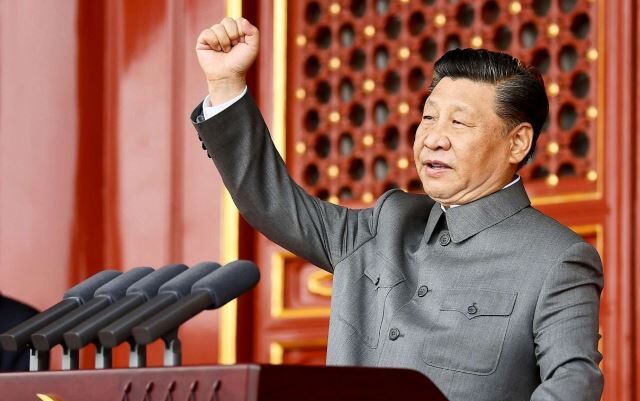Amid soaring tensions between the United States and China, Beijing has firmly opposed the meeting of Joe Biden administration’s top official on human rights, Uzra Zeya, with Tibetan spiritual leader the Dalai Lama in the national capital.
Strongly objecting to the meeting, Beijing has asked Washington to stop meddling in the internal affairs of China under the pretext of Tibet-related issues.
Taking to Twitter, the spokesperson of the Chinese Embassy in India, Wang Xiaojian, said, “The US should take concrete actions to honour its commitment of acknowledging Xizang as part of China, stop meddling in China’s internal affairs under the pretext of Xizang-related issues, and offer no support to the anti-China separatist activities of the Dalai clique.
“Xizang (Tibet) affairs are purely internal affairs of China and no external forces have the right to interfere. China firmly opposes any form of contact between foreign officials and the ‘Tibetan independence’ forces,” the Chinese spokesperson added.
This follows after Zeya met with the Dalai Lama during her India visit, according to Central Tibetan administration, a non-profit political organisation, which works for the Tibetan government in exile.
The Chinese Embassy spokesperson stated that the designation of Uzra Zeya as Special Coordinator for Tibet issues is “pure offence” and a political manipulation to “interfere in China’s internal affairs” and “undermine Tibet’s development and stability.”
China has always been firmly opposed to this and has never recognized it, the spokesperson said.
“The 14th Dalai Lama is by no means just a religious figure, but rather a political exile who has long been engaging in anti-China separatist activities and attempting to split Xizang from China,” Wang Xiaojian said.
“The so-called ‘Tibetan government-in-exile’ is an out-and-out separatist political group and an illegal organization completely in violation of China’s Constitution and laws. It is not recognized by any country in the world,” the spokesperson of the Chinese Embassy in India said.
On July 9, US official Zeya tweeted, “Namaste, New Delhi! Look forward to productive meetings with Government of India & civil society leaders building on momentum of @narendramodi ‘s historic State Visit. Together, we are working toward a world that is more open, prosperous, secure, inclusive & resilient!”
The US Special Coordinator for Tibetan Issues is on a 7-day visit to two nations — India and Bangladesh– from July 8-14.
US State Department in a statement had said that during her India visit, she is expected to meet with senior government officials to discuss the deepening and enduring US-India partnership, including advancing shared solutions to global challenges, democracy, regional stability, and cooperation on humanitarian relief.
Zeya is being accompanied by US Assistant Secretary of State Donald Lu.
Zeya was appointed as the special coordinator for Tibetan Issues in December 2021. (ANI)
Read More: https://lokmarg.com/

